10 GPTs for Bibliography Management Powered by AI for Free of 2026
AI GPTs for Bibliography Management are advanced tools powered by Generative Pre-trained Transformers, designed to streamline and enhance the process of managing bibliographies. These AI-driven systems can automate the organization, citation, and referencing of literature, tailored specifically for academic, research, and professional needs. By leveraging natural language processing and machine learning, these GPTs offer tailored solutions, facilitating efficient bibliography creation, verification, and formatting, thereby playing a crucial role in academic writing and research documentation.
Top 10 GPTs for Bibliography Management are: LaTeX Helper,BibTeX Bot,TeXGPT,LaTeX Layout 2000,RefFormat Expert,参考文献自動生成,BibTeX Formatter for News and Books,RK Reference Web Enhanced,Wizard of TeX,Citation Wizard
LaTeX Helper
Empowering Your LaTeX Projects with AI

BibTeX Bot
AI-powered precision in BibTeX citation generation

TeXGPT
AI-Powered LaTeX Support for Precision Formatting

LaTeX Layout 2000
Streamlining Academic Document Creation with AI
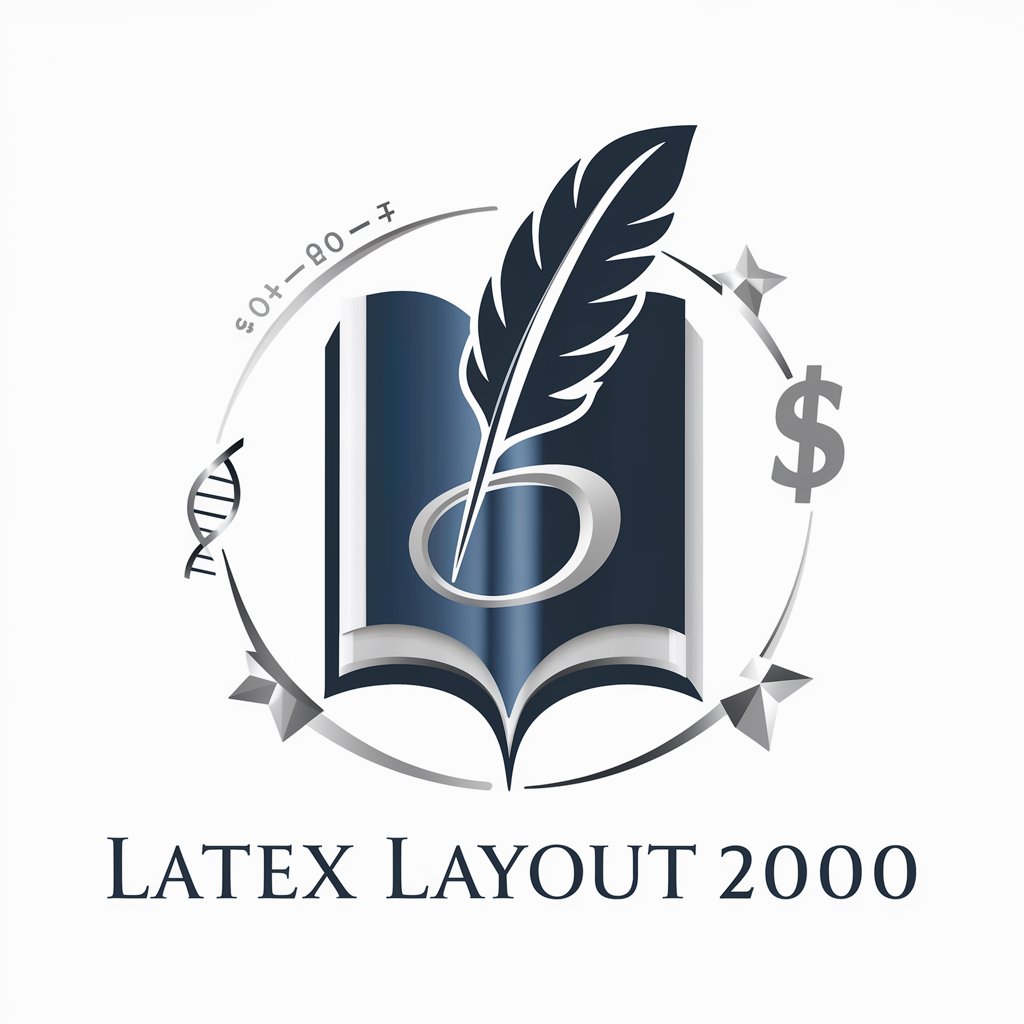
RefFormat Expert
Automate Your Reference Formatting

参考文献自動生成
Streamline Your References with AI
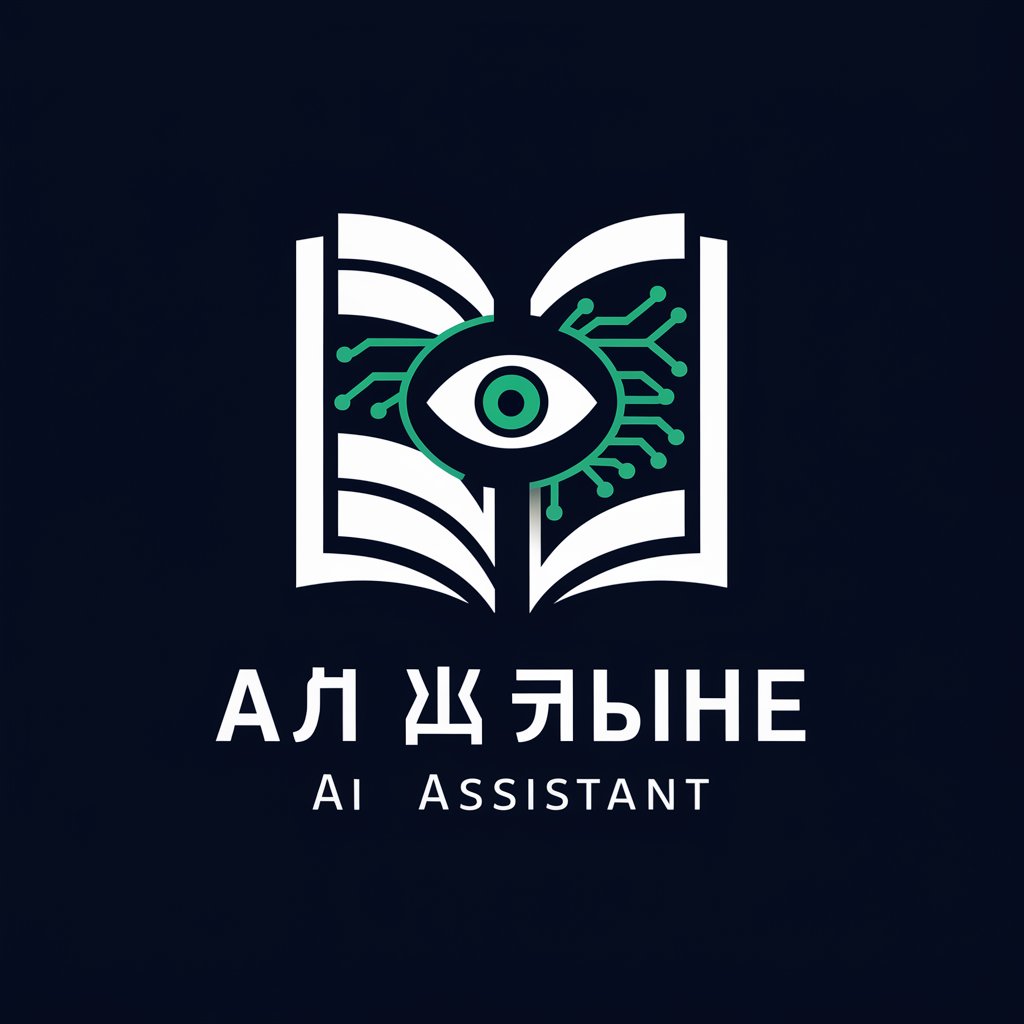
BibTeX Formatter for News and Books
Automate your citations with AI
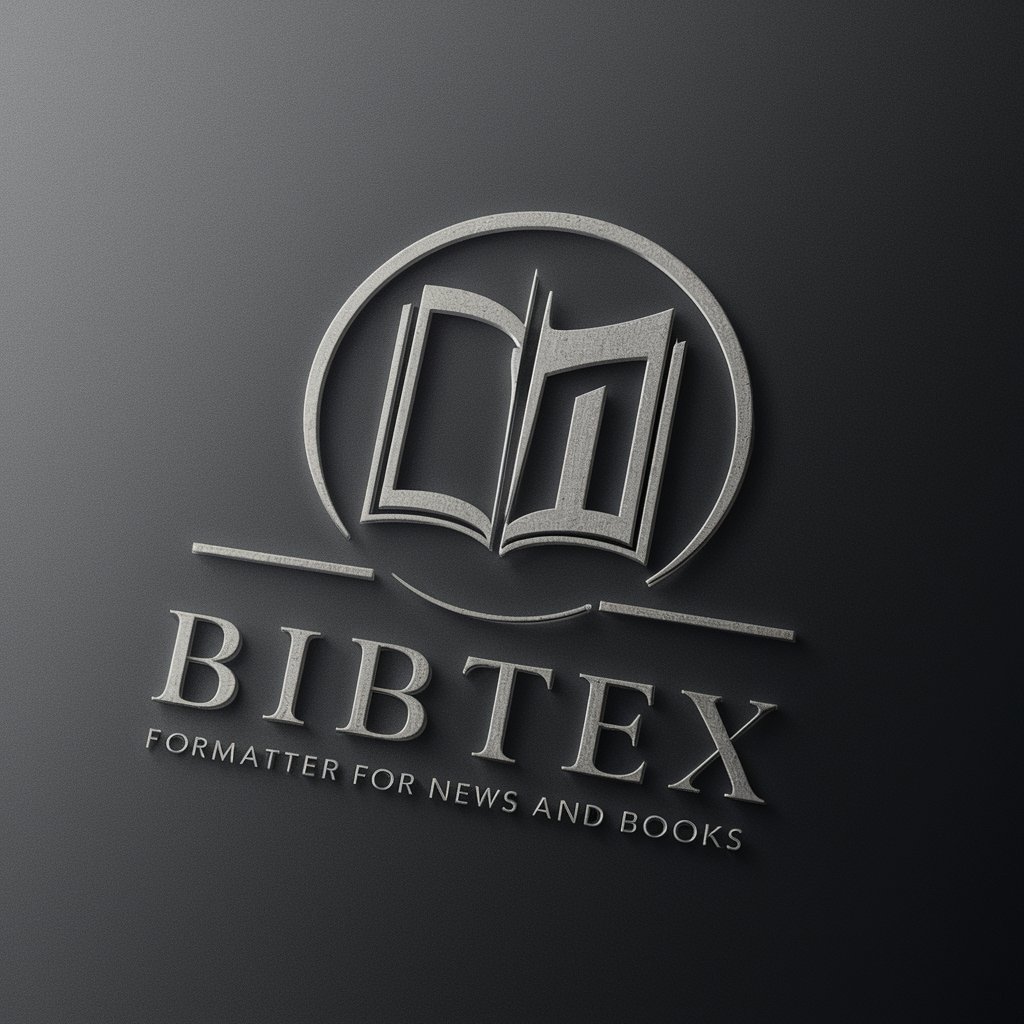
RK Reference Web Enhanced
Automate your citations with AI-powered precision
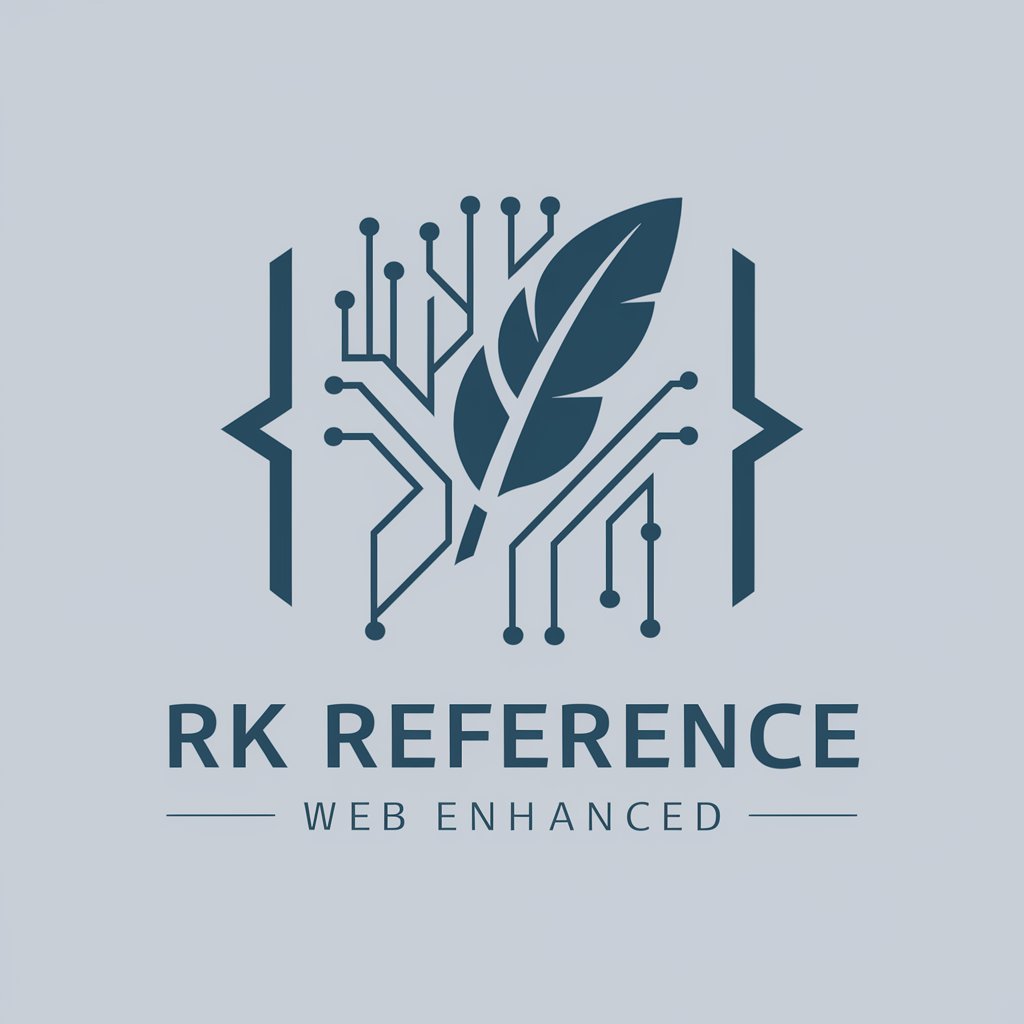
Wizard of TeX
Streamlining TeX with AI Expertise
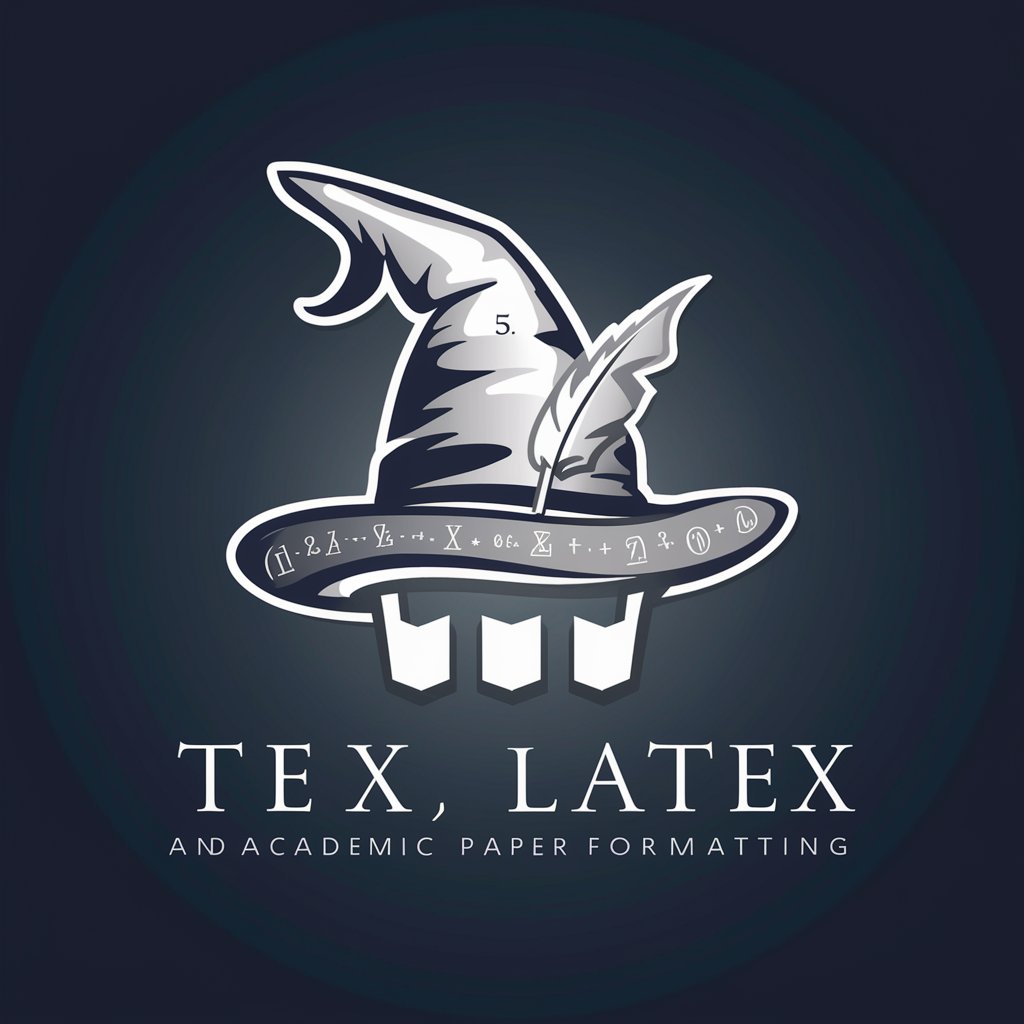
Citation Wizard
Simplify citations with AI precision.

Distinctive Capabilities of Bibliography Management GPTs
AI GPTs for Bibliography Management are characterized by their adaptability and multifunctional capabilities. These include automated citation formatting according to different style guides, plagiarism checking, literature recommendation based on existing bibliography, and seamless integration with academic databases. Special features may encompass natural language query handling for literature search, real-time collaboration tools, and the ability to learn and adapt to specific user preferences or disciplinary requirements, thereby enhancing research productivity and accuracy.
Who Benefits from Bibliography Management GPTs?
The primary users of AI GPTs for Bibliography Management span from academic novices to research professionals. These tools are particularly beneficial for students, researchers, librarians, and academic writers seeking to streamline their citation process. They cater to users without coding skills through user-friendly interfaces, while offering advanced customization options for developers and professionals with programming expertise, thus broadening their accessibility and utility across the research community.
Try Our other AI GPTs tools for Free
Graphics Integration
Discover AI GPTs for Graphics Integration, your gateway to revolutionizing graphics creation with AI. Transform ideas into visuals effortlessly, regardless of your technical expertise.
Pulmonary Diagnostics
Discover how AI GPTs for Pulmonary Diagnostics are transforming respiratory care with advanced analytics and tailored solutions for healthcare professionals.
Elementary Education
Explore AI GPTs for Elementary Education: innovative tools transforming learning experiences for young minds through tailored, interactive, and accessible educational solutions.
Holiday Learning
Discover AI GPTs for Holiday Learning: your gateway to engaging, personalized holiday education experiences. Explore traditions, languages, and crafts with AI-powered ease.
Disciplinary Procedures
Discover how AI GPTs for Disciplinary Procedures can revolutionize the management and analysis of organizational disciplinary actions, ensuring efficiency, compliance, and insightful analysis.
Digital Memorabilia
Explore AI GPT tools for Digital Memorabilia, your gateway to managing, creating, and enhancing digital collectibles with cutting-edge AI technology.
Expanding Horizons with GPTs in Bibliography Management
AI GPTs for Bibliography Management not only simplify the citation process but also introduce innovative solutions across different sectors. Their adaptability makes them ideal for integrating with existing systems, offering a blend of user-friendly interfaces and advanced technical capabilities. This facilitates a more collaborative and efficient research environment, enhancing the overall quality and impact of academic and professional work.
Frequently Asked Questions
What exactly are AI GPTs for Bibliography Management?
They are AI-powered tools designed to assist in the creation, management, and formatting of bibliographies, using advanced natural language processing to automate and tailor the process.
Can these tools auto-format citations in any style?
Yes, they are equipped to format citations according to various academic and professional style guides, including APA, MLA, Chicago, and others.
Do they support plagiarism checking?
Many of these tools include plagiarism detection features, helping users ensure the originality and integrity of their work.
Can non-technical users easily navigate these tools?
Absolutely, these tools are designed with user-friendly interfaces that require no coding skills, making them accessible to a wide range of users.
Are there customization options for advanced users?
Yes, advanced users and developers can access customization options and programming interfaces to tailor the tools to specific needs or integrate them into existing workflows.
How do these tools integrate with academic databases?
They can seamlessly connect to various academic databases for literature retrieval, streamlining the research and citation process.
Can I get literature recommendations based on my bibliography?
Yes, some GPTs offer literature recommendation features that suggest additional sources based on your existing bibliography.
Are there collaboration features for team projects?
Many tools support real-time collaboration, allowing teams to work together efficiently on bibliographies and documents.